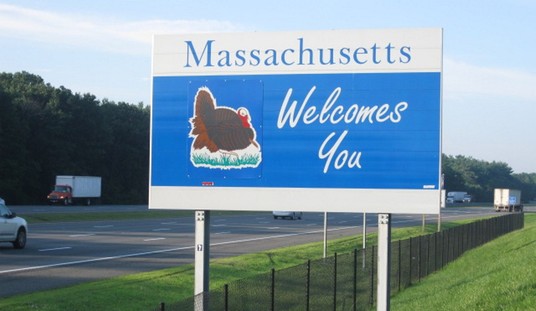When the first North Carolina redistricting map came out at the beginning of July, Democrats of course bawled like stuck calves. Speaking objectively, this wasn’t a surprise: the way that it was set up, it put four Democratic Congressmen – Larry Kissell, Mike McIntyre, Brad Miller, & Heath Shuler – at a serious disadvantage in the 2012 elections. Put simply, the map threatened to flip NC from 6/7 GOP/DEM to 8/5 GOP/DEM, or even 10/3. If you examine the previous map, you’ll understand why such a dramatic shift; the Democrats went notoriously overboard in gerrymandering in 2000, when they controlled the process. In short, we had a humdinger of a karmic adjustment going on in North Carolina.
But then something interesting happened: Rep. GK Butterfield (D, NC-01) started complaining. Rep. Butterfield is a beneficiary (along with Rep. Mel Watts of NC-12) of the racial gerrymandering system set up in response to the Voting Rights Act; and he made some rather pointed objections to the first map, arguing that it ‘disenfranchised’ some of his former constituents by moving them into majority-white districts. North Carolinan Republicans thought about it – and must have decided that they agreed, because they went into the maps again and redrew both Butterfield’s and Watt’s districts to make them more in line with the VRA’s perceived guidelines.
Of course, that meant that they had to… make some unavoidable choices:
The new map draws Democratic Reps. Brad Miller and David Price together into Price’s 4th district and puts Democratic Reps. Mike McIntyre and Larry Kissell together in Kissell’s 8th district. The first version of the map did not pair any incumbents together and the latest, and likely final version, looks substantially different from that draft and the current map.
Glenn Reynolds thinks that the Department of Justice is going to intervene on this one, but I’m not exactly sure how they can justify a Voting Rights Act violation when the state legislature can clearly show that they have scrupulously preserved minority representation in the state of North Carolina, to the point of swiftly and decisively addressing issues brought forth by existing minority legislators. That doing so puts the thumbscrews to four Democratic legislators is not in fact the state legislature’s problem – and neither should it be the problem of the Justice Department; political parties are not (and should not be) protected classes. Put another way: elections have consequences, and one of them is that when you’ve spent ten years profiting from a blatantly unfair redistricting map, your political opponents are unlikely to be sympathetic when it turns out that you don’t like the new one. And if reinforcing the lesson can be accomplished by giving you what you want, good and hard… well, they’ll be happy to oblige.
Moe Lane (crosspost)













Join the conversation as a VIP Member